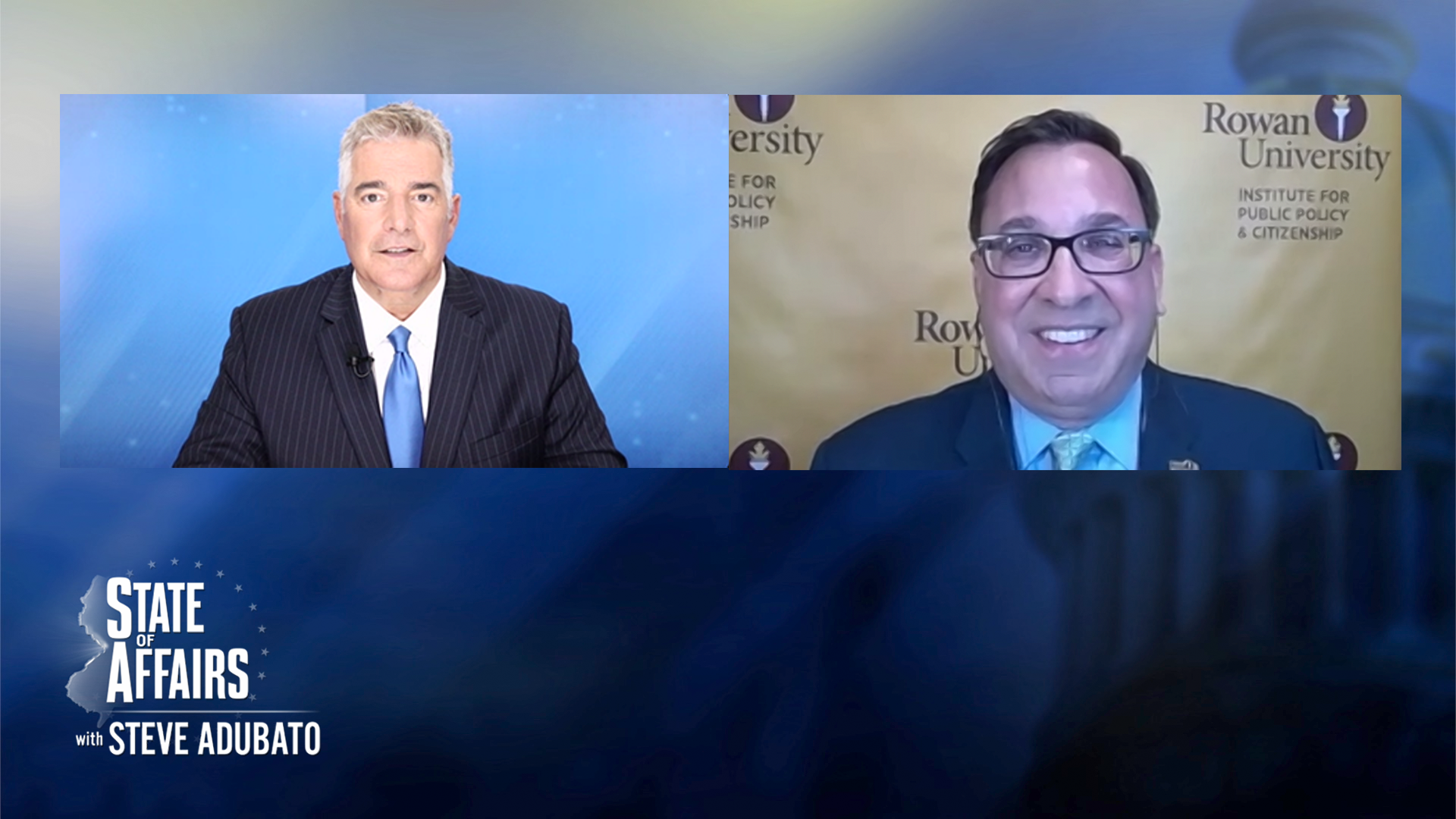Social media has become an integral part of our lives, and it has revolutionized the way we communicate and interact with each other. It has also had a significant impact on public policy, and this is something that Steve Adubato has been exploring in his work.
Adubato is a well-known journalist, author, and broadcaster who has been studying the effects of social media on public policy. He has been looking at how social media can be used to influence public opinion and shape policy decisions.
One of the most significant ways that social media has impacted public policy is by giving a voice to people who were previously marginalized. Social media platforms like Twitter, Facebook, and Instagram have given ordinary citizens a platform to express their opinions and share their experiences with the world.
This has led to a democratization of public discourse, where anyone can participate in the conversation and have their voice heard. This has been particularly important for groups that have traditionally been excluded from the political process, such as minorities, women, and young people.
Social media has also made it easier for people to organize and mobilize around issues that they care about. Activists can use social media to connect with like-minded individuals, share information, and coordinate their efforts.
This has led to a rise in grassroots movements that have been able to effect real change. For example, the #MeToo movement started on social media and quickly spread around the world, leading to a greater awareness of sexual harassment and assault.
However, social media has also had some negative effects on public policy. One of the biggest concerns is the spread of misinformation and fake news. Social media algorithms are designed to show users content that they are likely to engage with, which can lead to the spread of false information.
This can have serious consequences for public policy, as people may make decisions based on inaccurate information. Adubato has been exploring ways to combat this problem, such as promoting media literacy and fact-checking.
Another concern is the polarization of public opinion. Social media algorithms can create echo chambers, where people are only exposed to opinions that align with their own. This can lead to a lack of understanding and empathy for people with different viewpoints, which can make it difficult to find common ground on policy issues.
Adubato has been advocating for more civil discourse on social media, where people can respectfully engage with each other and find common ground. He has also been exploring ways to use social media to promote dialogue and understanding between different groups.
Overall, social media has had a significant impact on public policy, both positive and negative. Adubato’s work has been instrumental in exploring these effects and finding ways to promote a more informed and engaged public discourse. As social media continues to evolve, it will be important to continue this work and ensure that it is used in a way that benefits society as a whole.

